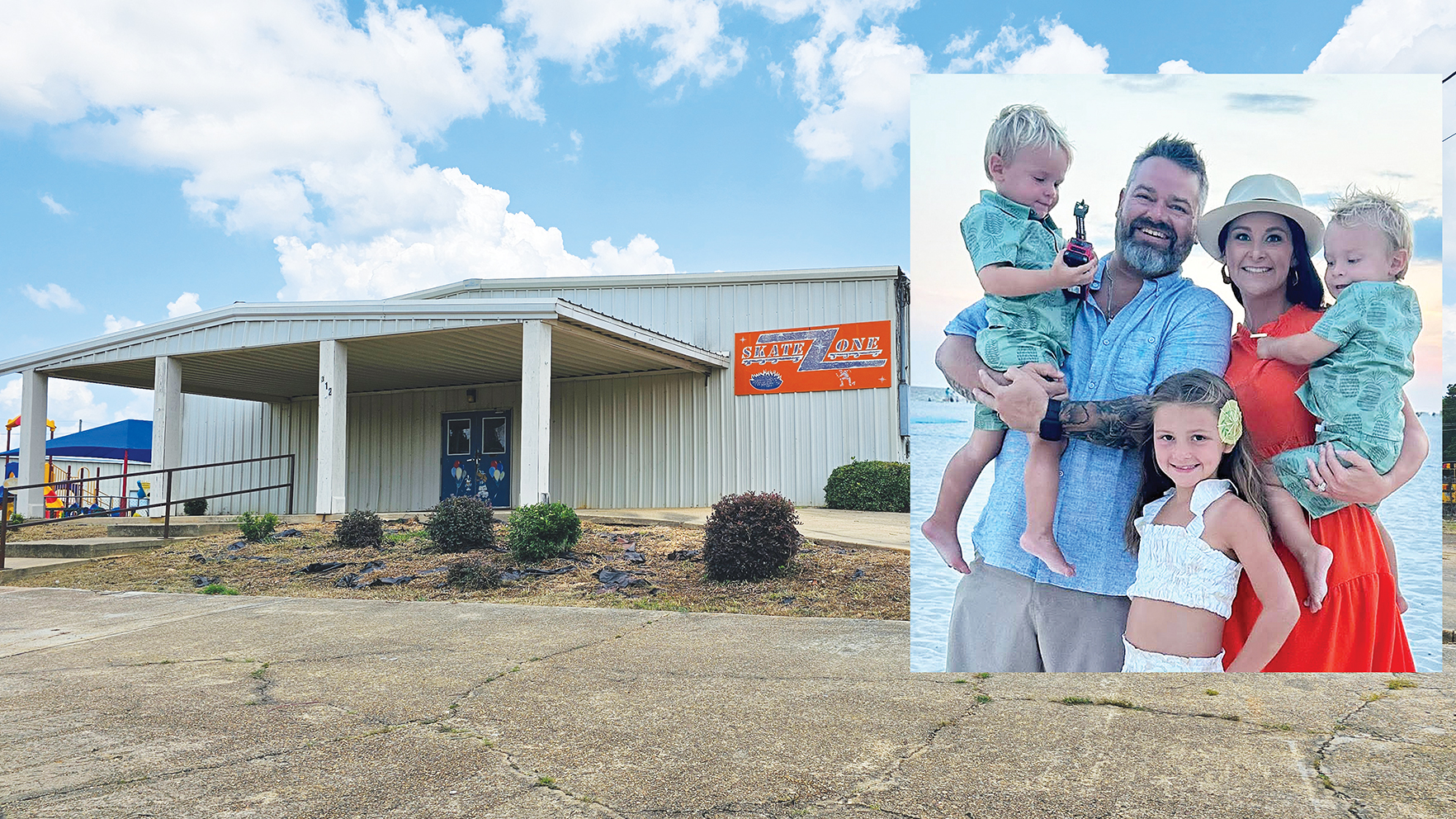Opponents of liquor in city speak out
Published 7:00 pm Thursday, May 30, 2013
Ahead of a vote next week that could legalize liquor sales in Brookhaven, opponents of legalization are articulating their concerns that alcohol poses a threat to Brookhaven’s quality of life and reputation and won’t bring with it an economic boost.
A group met with The Daily Leader last week to advocate a “no” vote on the June 4 liquor referendum.
This group included Bank of Brookhaven President Bill Sones, First Baptist Brookhaven’s Rev. Greg Warnock, local accountant Korey White, and Central Baptist Church’ Rev. Ryan Thurman.
Trending
These men spoke at length about the quality of life and social environment in Brookhaven. In their view, alcohol will only detract from that quality of life and won’t bring anything positive.
“Liquor does not represent our values,” Warnock said. “It only represents a harm.”
Said Sones, “We live in Mayberry. Why do we want to spoil it?”
Proponents have argued, among other points, that legalizing alcohol sales in Brookhaven could boost the local restaurant sector. They point to the fact that several national restaurant chains, including Ruby Tuesday’s and Applebees, have located in McComb rather than Brookhaven.
New restaurants would bring increased sales tax revenues, supporters of the liquor referendum argued.’
Proponents of remaining dry, however, took aim at that argument.
Trending
“We have no proof of that at all that liquor will bring restaurants,” White said. “It’s just a hope and a wish. And I don’t believe the citizens of Brookhaven should vote on a hope and a wish.”
Sones then went on to say that, even now, Brookhaven restaurants draw visitors from outside Lincoln County. That, Sones believes, is because of Brookhaven’s “family friendly” reputation.
“There’s a great perception about Brookhaven out in our surrounding counties,” he said. “People drive here to dine, because we have an image that’s really good.”
The men went on to suggest that even if more restaurants were to locate in Brookhaven, those new restaurants wouldn’t be worth the cost.
“If we’re not careful we’ll bring the negative in just to have that restaurant we’ll go and frequent a couple times a month,” White said. “I don’t think it’s worth it.”
Expounding on the “negative” liquor opponents believe possible, Thurman raised his concern that alcohol will bring an increase in violence and crime.
Warnock said that while proponents of the liquor referendum emphasize the potential for increased tax revenues, the potential financial cost the city could incur – including an increased burden on law enforcement – mitigate against those revenues.
Citing his experience with the Brookhaven/Lincoln County Chamber of Commerce and its Industrial Development board, Sones added that while Brookhaven has issues to address in order to boost economic development, alcohol is not one of those issues.
These men also feel Brookhaven has grown and proved successful without alcohol, which they do not see as an economic development issues.
They also cited statistics, including sales tax data and unemployment rates, that they believe indicate Brookhaven compares favorably to neighboring cities, including McComb and Natchez, cities that have long allowed alcohol sales.
“Why would we want to become like those cities? We should stick with what we have,” White said. “Liquor is not the answer.”
Sones agreed. Reviewing neighboring regional neighbors that sell alcohol – or a city like Corinth that recently voted to allow alcohol sales – Sones doesn’t see models to directly emulate.
“We don’t necessarily want to be a Corinth, or a Natchez, or a McComb,” Sones said. “We really just want to be the best Brookhaven we can be.”





